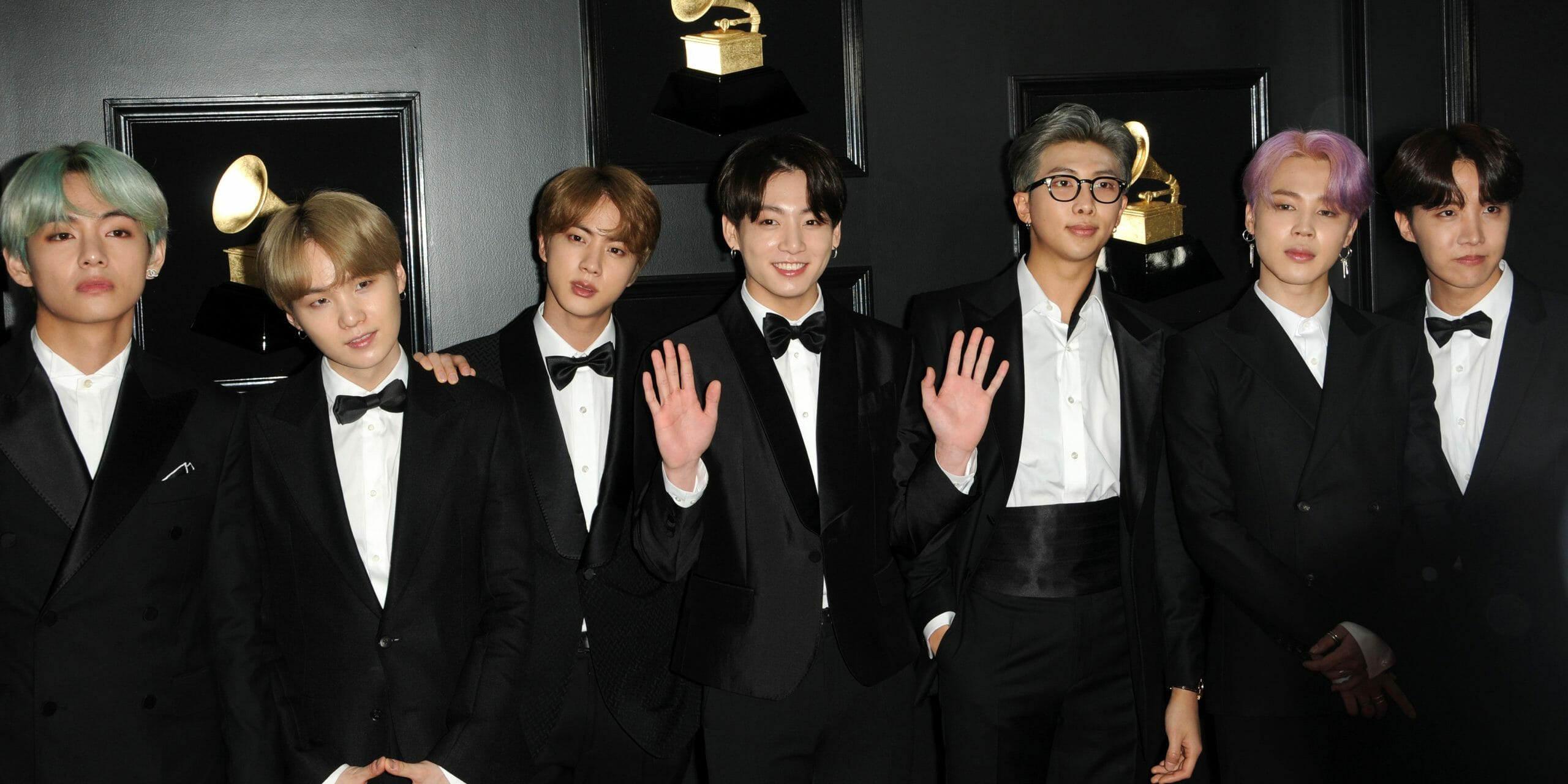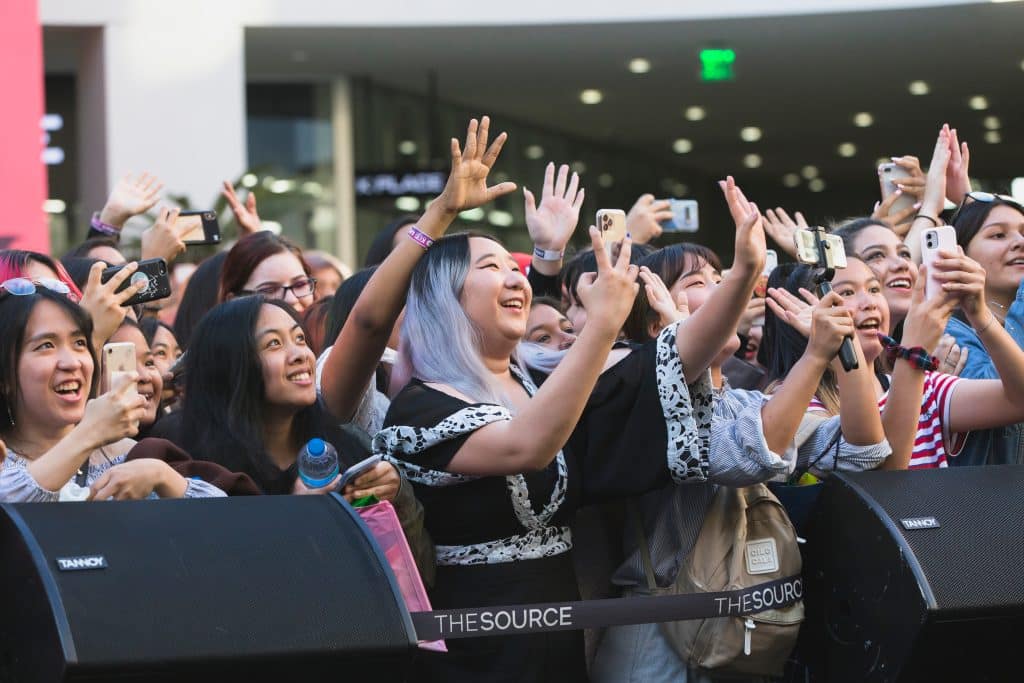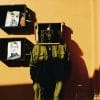Fandoms and stans have been alive since the dawn of pop culture and fictional books. The word “stan” in particular was first coined by rapper Eminem in his 2000 single “Stan.” The song recounts the story of an obsessive fan who is pushed to his limits when his idol doesn’t reply to his fan mail. Others also believe the word to be a combination of “fan” and “stalker.” So what are the real-life consequences of this nationwide phenomenon?
The most modern example of an extremely dedicated fandom is ARMYs, as they call themselves. They are the fans of Korean K-POP group BTS. Based on their social media audience the pop sensations have amassed a following of over 90 million fans worldwide. The dedicated fanbase, made up mostly of females between the ages of 10-29, enthusiastically supports the superstars in everything that they do, helping them break records both internationally and at home.
But this level of dedication can often (but not always) go hand in hand with obsession. The boyband isn’t unfamiliar to overzealous fans otherwise known as sasengs, the Korean term used to label an obsessive fan who stalks and invades the privacy of Korean idols.
“Creators are proof people can feel like family even if you’ve never met them.”
YouTube’s official Twitter Account
Sasengs can go out of their way to obtain data, phone numbers, addresses, and schedules of their idols and use those to track them. Some have even gone as far as to book the same flights as their favorite idols to be closer to them. There have been reports of fans going into plane toilets after members had used them and proceeded to lick the toilet seats.
So, what triggers this kind of obsessive behavior? Sociologists chalk it up to parasocial relationships.
A Parasocial relationship is a one-sided relationship that a media consumer engages in with a media persona. People can form parasocial relationships with celebrities or any figure, fictional or non-fictional that they encounter through media.
Parasocial relationships, when extreme, can become all-encompassing, to the point where the person can begin to neglect aspects of their lives in favor of the parasocial relationship they’re entangled in.

Credit: Kathy Hutchins/Shutterstock
How do parasocial relationships start and develop?
A 2022 study implies that parasocial relationships may be formed as a result of something called affective bonding theory.
“Because people are inherently social when media mimic social situations, parasocial interactions can develop,” says Dr. Elizabeth Perse who has conducted research into parasocial relationships.
Essentially, because the emotional responses to media personalities feel real, the brain decides that they are real, even if they are responding to a character that is not real or unattainable.
“The same aspects that foster friendship encourage parasocial interactions: attraction, trust, humor, similarity, self-disclosure. Research also suggests that watching/seeing characters in social settings, and interacting with others on the screen, also fosters parasocial interactions. It is a typical and normal response to media use. There is even evidence that parasocial interactions with Donald Trump affected voting decisions.” she continues.
Parasocial interactions and Politics
Before becoming president, Trump was a fairly well-known businessman for 40 years, hosted his own reality TV show “The Apprentice” and had an active Twitter account for over 10 years.
This means that the American public had decades to become familiar with his persona and identify him as an individual who could be their friend.
Research suggests that these parasocial relationships formed with Donald Trump led to less resistance to his unpopular statements and a more positive judgment of him, both of which played a role in his election as President of the United States.

The first two stages of a parasocial relationship are fairly normal. The first level of a parasocial relationship is the entertainment-social stage. This is when the person views a celebrity as a source of entertainment.
But what happens when this normal response turns psychotic?
The next level of parasocial interaction is called “intense-personal” and the final and most extreme level is “borderline-pathological”. This level of obsession is most common in “stalker fans” and it’s characterized by “uncontrollable behaviors and fantasies about their celebrities, many times bordering on delusion.” This is the stage many stans find themselves at.
The best way to overcome it?
Mental health professionals suggest self-care, finding hobbies you feel passionate about, and reaching out to people who can support you.
Parasocial relationships aren’t always bad – they can provide relief from difficult times and wearied relationships in real life. However, one should always be cautious not to fall down the rabbit hole of obsession and remind themselves to separate the real from the fake.













